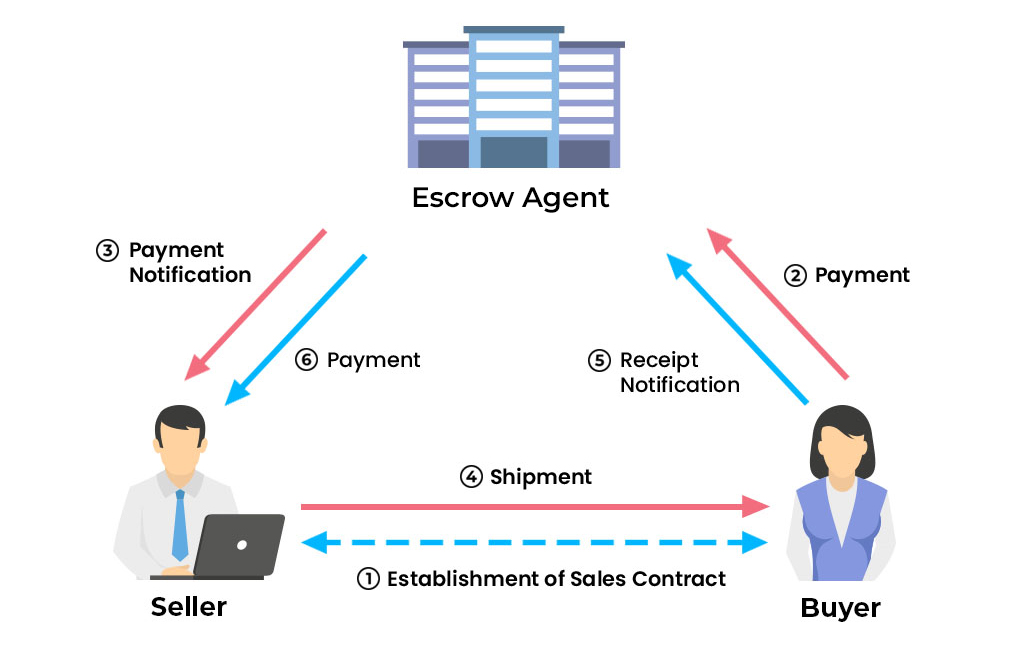Escrow is a legal arrangement involving a third party, known as the Escrow Agent, who holds assets, typically funds, on behalf of two parties involved in a transaction. The Escrow Agent acts as a neutral intermediary, safeguarding the assets until specific conditions or instructions, outlined in the contractual agreement, are met.
This principle finds widespread use in various transactions, especially in real estate dealings. In such cases, the buyer places the purchase amount into escrow while waiting for the seller to fulfill agreed-upon conditions, such as repairs or inspections. Once all obligations are met, the Escrow Agent releases the funds to the seller, ensuring a smooth and secure transaction process.
Escrow is not limited to real estate; it is also employed in various other situations where funds need to be securely transferred from one party to another. An interesting application of escrow is in online transactions, particularly on the Dark Web. In such instances, buyers and sellers utilize escrow services to build trust and minimize the risk of scams. Buyers place funds in escrow, and the seller fulfills the transaction requirements. Upon successful completion, the Escrow Agent releases the funds to the seller, providing a secure and trustworthy method of conducting business in an otherwise risky environment.
Escrow acts as a protective mechanism for parties involved, ensuring that transactions proceed smoothly and fairly. Its versatility and reliability make it a valuable tool in both traditional and online transactions, contributing to a safer marketplace for buyers and sellers alike.
